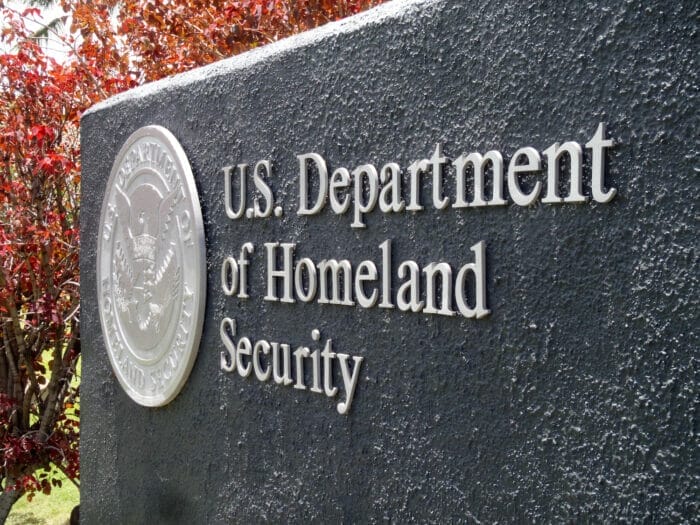
The Biden administration unveiled its final version of the “public charge rule” for green card and visa applicants, part of a multi-year effort to unwind a Trump-era policy that immigrant and civil rights advocates widely decried as a discriminatory wealth test.
The final rule, scheduled to take effect on December 23, 2022, formalizes long-standing guidance within the Department of Homeland Security (DHS) which governs whether an applicant for a green card or certain visas is “likely at any time to become a public charge.”
That guidance, which has been in place since 1999, defined a public charge as someone who is “primarily dependent on the government for subsistence,” which was evidenced by either the use of public cash assistance to supplement the applicant’s income, or institutionalization of the applicant for long-term care at government expense.
The publication of the final rule by the Biden administration marks another stage of the multi-year legal battle over the public charge policy.
In 2019 the Trump administration finalized a rule which remarkably expanded the definition of a public charge from the long-held view at DHS and the Department of State (DOS). The 2019 public charge rule dramatically increased the type and quantity of government benefits that were considered to make one a public charge.
As litigation wound through courts across the country, President Joe Biden withdrew the Trump-era rule in March 2021, declined to defend the 2019 public charge rule in court, and then proposed a new rule in February 2022 mirroring the 1999 Interim Field Guidance that immigration officers had used prior to the publication of the 2019 rule.
Today’s finale rule, which will be officially published in the Federal Register on September 9, 2022, will return DHS “to the historical understanding of the term ‘public charge’ and individuals will not be penalized for choosing to access the health benefits and other supplemental government services available to them,” said DHS Secretary Alejandro Mayorkas.
According to DHS, the rule released this week clarifies that DHS will use the following criteria to determine if someone is likely to become a public charge:
- The noncitizen’s “age; health; family status; assets, resources, and financial status; and education and skills,” as required by the INA;
- The filing of Form I-864, Affidavit of Support Under Section 213A of the INA, submitted on a noncitizen’s behalf when one is required; and
- The noncitizen’s prior or current receipt of Supplemental Security Income (SSI); cash assistance for income maintenance under Temporary Assistance for Needy Families (TANF); State, Tribal, territorial, or local cash benefit programs for income maintenance (often called “General Assistance”); or long-term institutionalization at government expense.
Immigration advocates praised the administration’s finalization of the rule, which clarifies and simplifies the guidance laid out in the 1999 memo.
“Trump’s public charge rule affected hundreds of thousands of immigrants – hardworking, resilient people who just wanted to come to the United States via the legal pathways available to them. This policy worked to systematically keep families apart and it has no place in America, a nation built on the backs of immigrants,” said Boundless co-founder and CEO Xiao Wang.
“The Biden Administration’s work to untangle the 2019 public charge rule is a great step toward creating a path for immigrants and their families to pursue the American dream.”